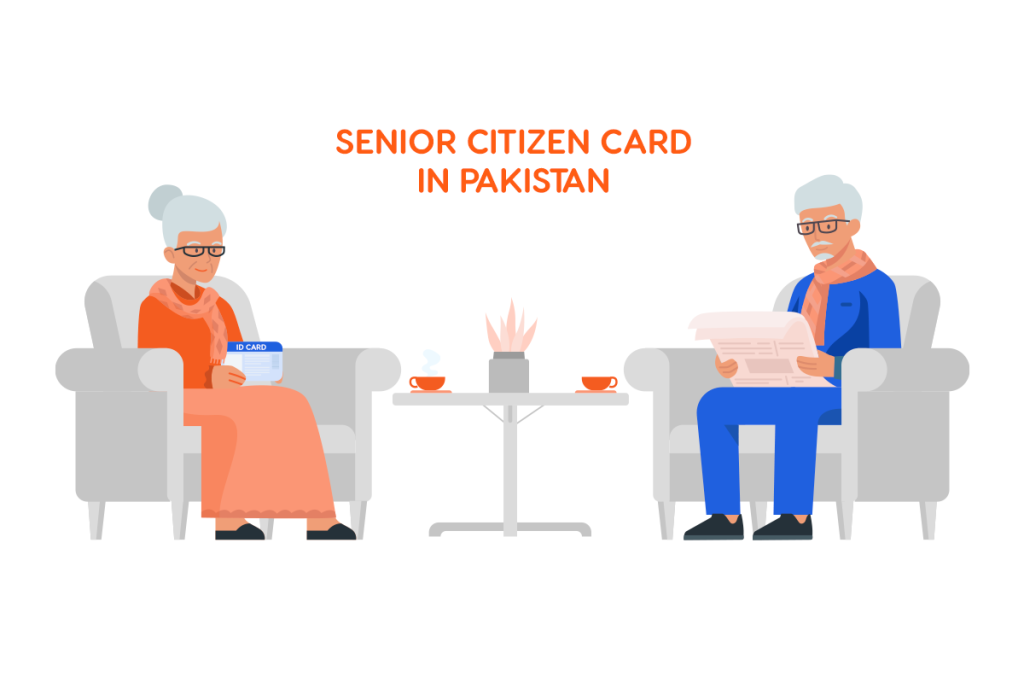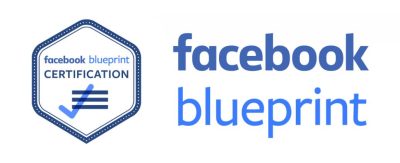Senior Citizens is a special term used for elderly people above 60 years of age in Pakistan. As the elderly population is increasing globally, a similar trend is also noticed in Pakistan. It is estimated that 7% of its population (about 14.2 million) is over 62 years of age in the country. This number is estimated to reach 8.5% and 12.9% in 2030 and 2050, respectively. Government of Pakistan recently made some unique policies to support senior citizens who have low incomes. As per the Sindh Senior Citizens Welfare Act, 2014, the Honorable High Court ordered the issuance of Azadi Card for Pakistani citizens falling in the age bracket of 60 years and above.
Azadi Card will be issued to senior citizens and respond to social security benefits and needs under government SOPs. Senior citizen card serves as an official identification document and the process is being handled by the National Database and Registration Authority (NADRA). In this research article, our Tashheer team will cover all the required details to get a senior citizen card in Pakistan.

Benefits of Senior Citizens
The government of Pakistan offers an Azadi Card to residents 60 years and older which functions as a senior citizen card and provides access to various benefits, which include:
20% Discounts are applicable on various purchases such as:
- Medicine and drug purchases
- Medical supplies, accessories, and equipment
- Medical and dental services
- Professional fees of attending physician
- Professional fees of licensed health workers providing home health care services
- Air and sea travel
- Land transportation (LRT, MRT, PNR, buses, jeepneys, taxi, and shuttle services)
- Free of charge entry to some Hotels, restaurants, recreational facilities, Theaters, cinemas, concert halls, circuses, parks, leisure, libraries and amusement
Government Assistance
- Monthly stipend for indigent senior citizens
- Mandatory PhilHealth coverage for all senior citizens
- Social safety assistance covers essentials like food, medicine, and financial aid for home repairs, providing relief during economic hardships, disasters, and calamities.
- Minimum assistance will be provided to the closest surviving relative who cared for the deceased senior citizen.
Other Benefits
To avail of all these benefits, senior citizens must present a valid and original Senior Citizen Identification Card.
- Express lanes in private, banking, commercial, and government establishments
- Educational privileges like Scholarships, grants, financial aids, subsidies and incentives
- Continuance of benefits and privileges from GSIS, SSS, and PAG-IBIG for retirees
- Privileges on special discounts in special programs
- Minimum 5% discount on monthly water and electricity use (up to 100 kWh and 30 m³) for senior citizens with meters registered under their name.
- Free medical and dental services
- Free vaccinations
Read more about List of Shelter Old Age Homes in Pakistan
Eligibility Criteria
Documents Required
Here is the list of all the important documents required to apply for an Azadi Card in Pakistan, listed as
- Original Computerized National Identity Card (CNIC)
- Proof of Age which can be a birth certificate or any other government-issued document that verifies your date of birth.
- Two Passport-Sized Photographs ( with light blue background)
- Proof of residency in the area (e.g: utility bills or rental agreements)
- Income Certificate (if applicable)
- Application Form

Application Procedure for Azadi Card / Senior Citizen Card in Pakistan
There are two main ways to apply for Azadi Card in Pakistan:
- Visit Your Local NADRA Office (if applying in person):
- Locate your nearest NADRA office (search their website or by calling their helpline).
- Gather all required documents
- Visit your nearest NADRA office and bring these documents during their working hours.
- Fill out the application form provided by NADRA. Their staff will help you to fill out blank columns like personal details, contact information and other required information.
- Attach all documents to your application form and submit it along with any applicable fees.
- After submission, the issuing authority may conduct a verification process to confirm the information provided and verify your eligibility for the Azadi Card.
- If your application is approved, you will be notified by the issuing authority to collect your Azadi Card.
Final Words
Pakistani Government policy on senior citizen cards is designed to provide social and financial benefits to older citizens. A senior citizen may on completion of his 60 years of age, apply for a senior citizen card. This card provides multiple benefits to senior citizens which include financial & medical support, free entry to libraries, parks, public museums, and much more. In this research article, our Tashheer research team compiled all the details to apply for a Senior Citizen and Azadi Card in Pakistan via NADRA. By following these steps, you can easily get your senior citizen card if you are a Pakistani citizen.





